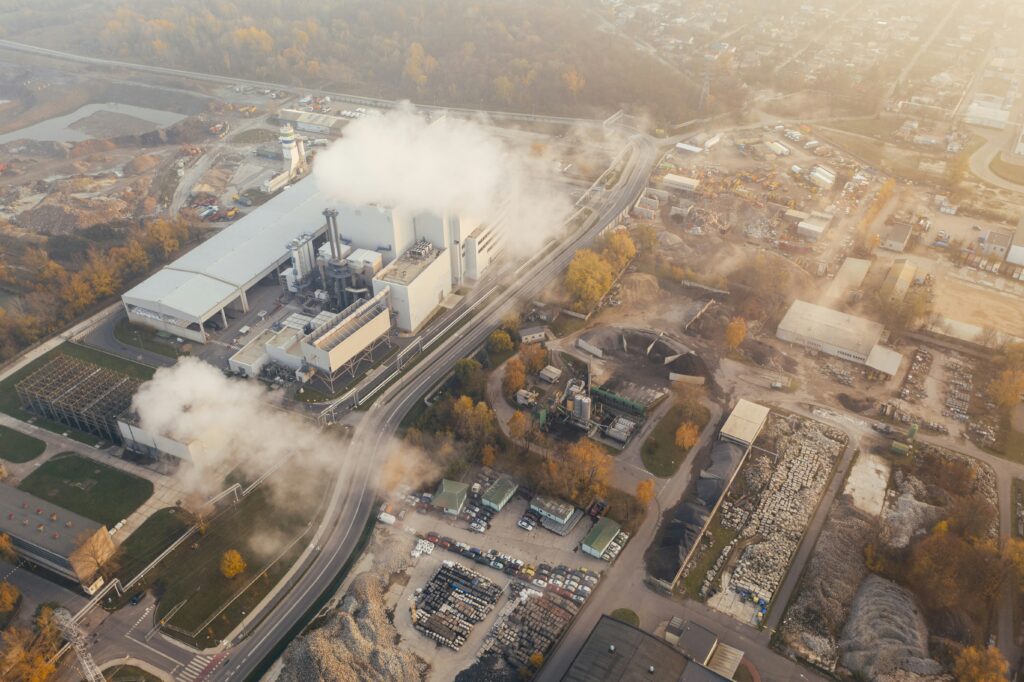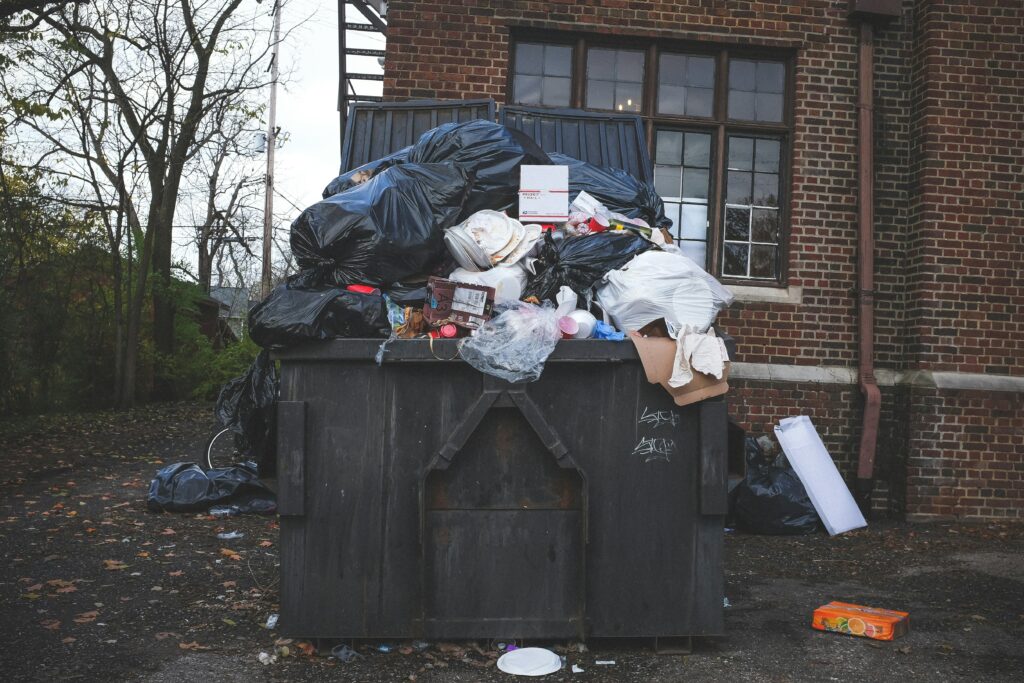Amid the urgent need to address the ongoing climate crisis, a term that has gradually gained prominence within environmental discourse is “climate justice.” Unlike environmentalism, which traditionally focuses on the ‘green’ aspect of sustainability and conservation, climate justice encompasses our ethical and moral obligations toward our planet and each other. It’s a term steeped in the recognition that the most adverse impacts of climate change are not shared equally – and indeed, many who suffer the most contribute the least to the problem.
An Unjust Burden: Climate Change and the Dispossessed
The Intersection of Environmental and Social Injustice
One of the most profound aspects of climate change is its unequal effects on different communities. The poorest and most vulnerable populations, often located in low-lying coastal areas or arid lands, are disproportionately affected by extreme weather events, which are becoming more frequent and severe due to a warming planet. Farmers in sub-Saharan Africa, indigenous communities in the Amazon rainforest, and many others are witnessing their traditional lands and ways of life being irrevocably changed, highlighting a harrowing intersection between environmental and social justice.
An Underlying Historical Inequality
The disparity becomes even starker when we examine the contributions to climate change. Developed nations, often the most significant historical contributors to greenhouse gas emissions, have enjoyed the economic benefits of industrialization at the expense of the environment. Their economies are structured in a way that has led to a significant carbon footprint. At the same time, developing countries already bearing the brunt of climate change are currently left to deal with the aftermath without comparable resources or technology to mitigate the impacts.
A Call for Global Empathy and Action
Rethinking Our Carbon Footprint
In light of these disparities, a critical reevaluation of our individual and collective responsibilities is necessary. Shifting toward a sustainable lifestyle is not just a personal choice but a matter of global equity. The imperative to reduce our collective carbon footprint and curb resource consumption must be guided by recognizing the need to provide space and resources for those most affected by climate change.

Innovative Solutions at the Community Level
Empowering communities to take ownership of their environmental futures can yield significant progress in the battle for climate justice. Community-led renewable energy projects not only provide sustainable alternatives to fossil fuels but also create local jobs and enhance resilience against the impacts of climate change. Initiatives like this are models for a more equitable and environmentally conscious future from which larger economies and governments can learn and scale.
Policy Frameworks That Prioritize the Marginalized
The voices of those most in need of support are often the faintest in the political arena. However, policy frameworks that explicitly prioritize the welfare and participation of marginalized communities can help redress the balance. By centering the most vulnerable in policy discussions, we can ensure that the solutions crafted consider these populations’ immediate needs and long-term sustainability.
A Multi-stakeholder Approach
Private Sector’s Pivotal Role
Businesses, among the top contributors to environmental degradation, also have a significant role. The adoption of sustainable practices, investment in green technologies, and corporate social responsibility initiatives can all contribute to combating climate change while simultaneously considering justice and fairness in the process. This proactive stance is not only beneficial for the environment and vulnerable communities but can also lead to long-term company resilience and reputation.
Government Action and International Governance
Governments worldwide must spearhead policies that protect the environment and recognize and act upon the rights of all citizens to live in a clean and healthy environment. On a global scale, international governance will be integral in coordinating efforts, providing financial support, and ensuring that nations are held accountable for their commitments and actions towards climate justice.
Citizens as Agents of Change
Every individual has a stake in the outcome of the climate crisis. Simple actions such as reducing personal energy consumption, supporting sustainable businesses, and advocating for policy decisions that consider climate justice are all within the power of the citizen. Collective action at the grassroots level can exert significant pressure on institutions and corporations, driving a bottom-up, people-powered approach to change.

Looking Forward: An Equitable Green Future
The Inextricable Link Between Climate and Social Justice
We must recognize that the fight against climate change is linked to the broader struggle for social justice. We can create a more equitable, sustainable, and just society by addressing the power imbalances underpinning environmental destruction. It is not merely a question of environmental health but of ensuring that all people, regardless of their background or nationality, have a fair chance at life and prosperity.
Building Bridges Through Education and Advocacy
Education and advocacy will be crucial tools in building a world where climate justice is a reality. Individuals and organizations can break down barriers and facilitate a meaningful dialogue by raising awareness about the issues and advocating for change. Through these efforts, we can foster a shared understanding of our interdependence and the urgent need for collective action.

A New Paradigm of Success
The current economic and social paradigms leading to the climate crisis are unsustainable. A new definition of success that values environmental integrity and social equity equally is needed. By reevaluating what it means to prosper and progress, we can work towards a vision of success that uplifts all members of our global community.
In conclusion, climate justice is not an esoteric concept that emerges from the pages of an environmental philosophy book. It is a pressing concern that demands our immediate and sustained attention. We can usher in a new era of environmental and social harmony with innovative solutions, a multi-stakeholder approach, and a steadfast commitment to systemic change. The 21st Century presents us with the opportunity to redefine our relationship with the planet and each other; our collective responsibility is to ensure that we rise to the occasion.